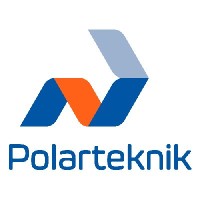
Polarteknik Oy
Polarteknik Oy is a historically well-known company for its capability for innovation and tailoring customer oriented solutions for the large global OEM’s. Our offering ranges from standard products to customized systems. Door systems that are designed and manufactured in Huittinen Finland are aimed at railway rolling stock and are always customer tailored to international and national requirements. Polarteknik Door Systems is a leading European supplier of door systems for rail vehicles.






